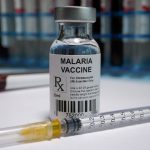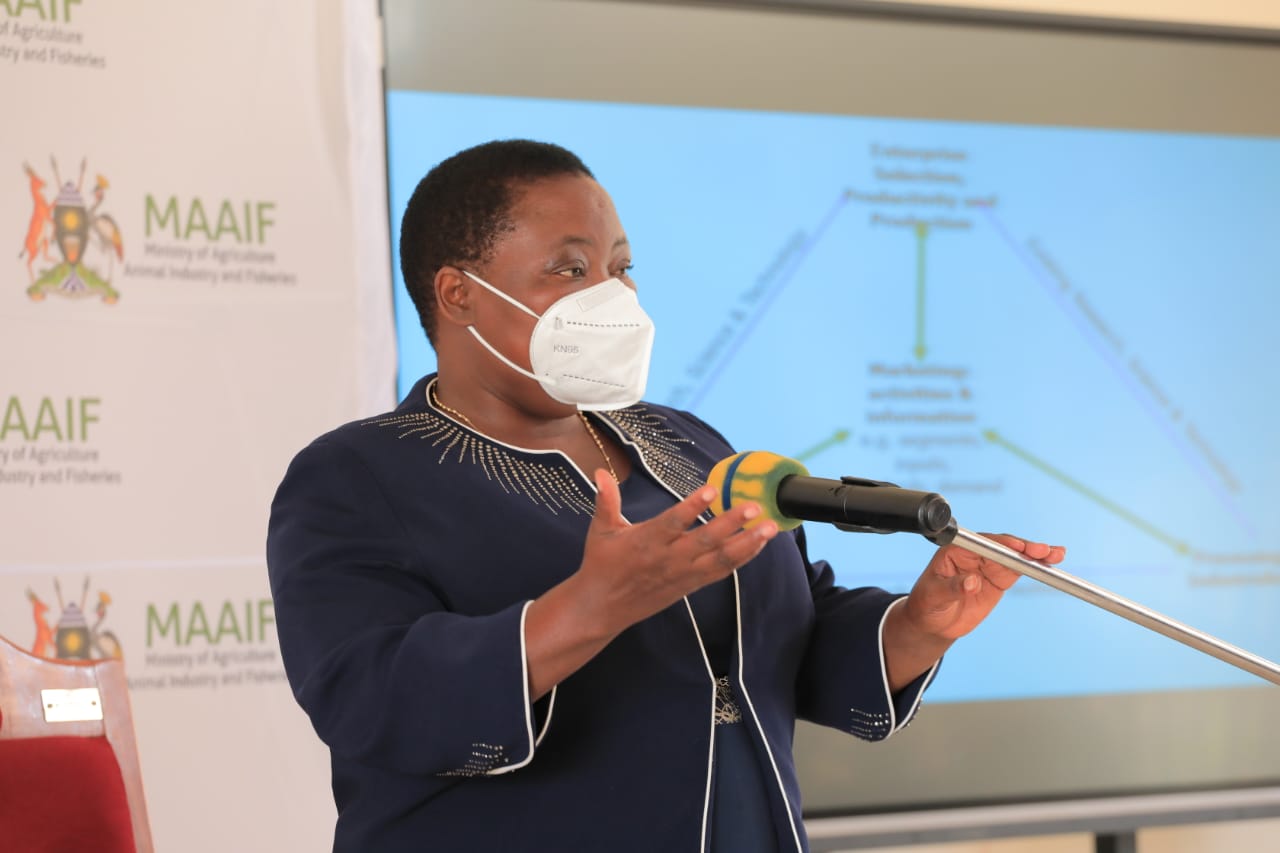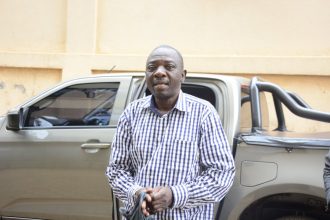The Inspector General of Police, Martin Ochola, has issued a directive aimed at addressing the issue of theft and unauthorized sale of drugs intended for health centers in Uganda, which are being diverted to the Democratic Republic of Congo (DRC) and South Sudan. The directive follows reports of rampant drug theft, with some drugs even ending up in the hands of private health facilities within Uganda. Despite these cases being reported, the culprits responsible for the thefts have continued to operate without restraint.
According to the directive delivered through the police’s Director for Operations, Assistant Inspector General of Police (AIGP) John Nuwagira, the thefts involve drugs labeled as government property, many of which are being sold to cartels, sometimes involving health workers. While the National Drug Authority has reported that the government maintains sufficient drug stocks, a significant portion is making its way to unauthorized destinations, affecting the intended service delivery.
The areas of the DRC and South Sudan have been grappling with civil conflicts for an extended period, with various regions under the control of armed groups. It is suspected that the drugs stolen in Uganda are being sold to different militia groups that purchase them at premium prices since they lack access to formal pharmacies, typically situated in urban areas.
Beyond drugs being smuggled into the DRC or South Sudan, many private health facilities within Uganda are engaged in the illicit sale of government-labeled drugs to civilians. These civilians, despite being aware of the government labels, often fail to report these incidents. These actions significantly undermine healthcare service delivery to Ugandans and erode public trust in the government.
To address these challenges, the directive instructs law enforcement agencies to intensify their intelligence gathering and investigative efforts, led by Crime Intelligence and the Criminal Investigations Directorate, respectively.
The 2021 report from the Inspector General of Government (IGG) highlights that the theft or embezzlement of medicines and medical equipment is the leading form of corruption in the healthcare sector. These illicit activities lead to budget losses, non-delivery of purchased medicines, and pose risks to patients’ lives.
Patients are often forced to procure medicines from the black market, even though they are entitled to receive them free of charge. This situation can result in adverse health outcomes as patients may purchase substandard or counterfeit drugs, or they may be unable to afford the necessary medications.
As part of the plan to combat drug theft from public health facilities, the directive instructs various levels of police commanders, including the Kampala Metropolitan Police Command, Regional Police Commanders, District Police Commanders, and unit heads, to engage in community mobilization and awareness campaigns. These efforts aim to educate communities about the dangers of drug theft and involve them in its prevention.
In addition, commanders are urged to collaborate with key stakeholders within their respective areas of responsibility to establish multiple layers of drug monitoring teams. These teams will be instrumental in monitoring drug-related activities in their areas.
Ochola has also called on commanders to support the enforcement actions of all relevant agencies in the fight against drug theft. Furthermore, these commanders are required to provide monthly reports to the IGP on their operations and the measures taken to mitigate drug theft.




















